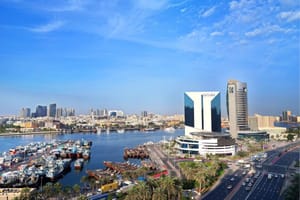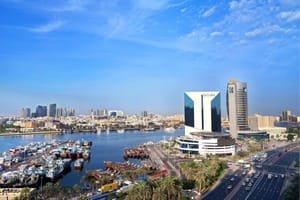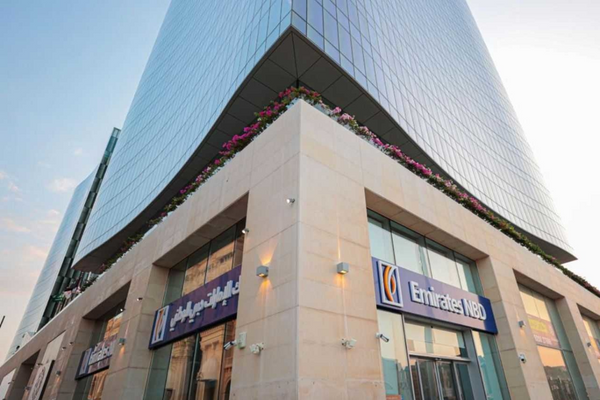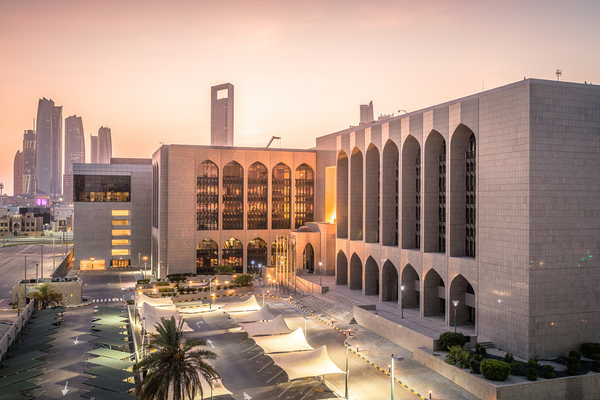In recent years, there has been a significant shift in the way we work, which has brought about positive changes. The global pandemic has further fueled this trend as more and more employees are now looking for flexible work arrangements, such as hybrid work (combining remote work and office work) or 100% remote work, either as an employee or a freelancer.
The UAE has been leading the way in embracing the new style of work, by introducing new freelance visas that have made it easier for individuals to live and work in the country. Previously limited to specific industries and positions, freelance visas have been extended in recent times to encompass a wide range of professions and pursuits, including personal training, engineering, and many others.
The UAE is positioning itself as a hub for remote and freelance work, attracting top talent from around the world who are enticed by the attractive lifestyle, safety, and economic benefits of living in one of the world's most livable cities.
ALSO READ: HOW TO APPLY FOR A UAE FREELANCE VISA; WHAT ARE THE REQUIRED DOCUMENTS?
Some of the main advantages of obtaining a freelance visa in Dubai are:
- Access to a highly diversified economy with unparalleled potential for professional growth.
- An entrepreneurial environment that encourages and supports the establishment of new businesses.
- A gateway to the Middle East, Africa, and Asia, providing unique opportunities for business expansion and networking.
- A cosmopolitan lifestyle with excellent infrastructure and amenities that cater to the needs of professionals and their families.
- Financial benefits, such as no personal or capital gains tax, that make Dubai an attractive destination for entrepreneurs and freelancers.
In March, during Dubai's Remote Forum, Omar Al Olama, Minister of State for Digital Economy, AI, and Remote Working System, highlighted that the UAE's technological advancements have laid the foundation for a robust infrastructure to facilitate and empower workers in the digital age.
According to Al Olama, remote work has become a primary mode of work rather than an option. He emphasized the need for the UAE to transition from viewing remote work as a trend to utilizing it as a competitive advantage, thereby enhancing the quality of life of UAE residents and visitors.
Al Olama referenced data from the UK research company YouGov, stating that approximately 46% of workers in the UAE work remotely.
The nature of work is changing rapidly, with more people seeking better work-life balance, pursuing their passions, and supplementing their income through freelance work. Bayt.com’s ‘Freelancing in the MENA’ survey for 2023 revealed that 89% of professionals in the Middle East and North Africa plan to do more freelance work this year.
The way businesses in the region hire talent is also changing. Bayt.com's 2022 survey revealed that 70% of employers had plans to engage freelancers during the past year.
Hiring freelancers offers several benefits to businesses, including:
- The ability to scale up or down as needed
- Timely delivery of projects within tight deadlines
- Contingency planning between hires or supplementing small teams
- Cost-effective solution compared to hiring full-time staff.
Choosing the right freelance visa in the UAE is crucial as not all visas offer the same benefits and support for individual needs.
News Source: Construction Week Middle East









